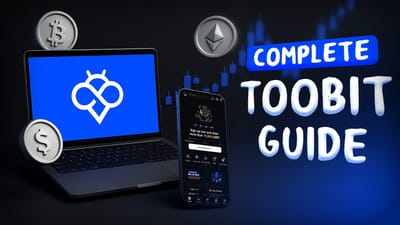Stop overpaying - start transferring money with Ogvio. Join the waitlist & grab early Rewards NOW! 🎁
Ripple's Ruling Draws Criticism from Ex-SEC Official
Despite the crypto community's enthusiasm around the recent ruling in the Ripple case, a former SEC official voiced his concerns about the decision.
John Reed Stark, a former US Securities and Exchange Commission (SEC) official, has voiced his disapproval of the latest Ripple Labs judgment. His critique shared on LinkedIn, labeled the decision as problematic in various aspects.
On July 14th, Stark examined Judge Analisa Torres's decision that tipped the scales in Ripple's favor during a lawsuit initiated by the SEC in 2020. The core issue of the legal action revolved around Ripple's XRP token, which was alleged by the SEC to be a security.

Did you know?
Subscribe - We publish new crypto explainer videos every week!
What is Blockchain? (Animated Examples + Explanation)


The legal pronouncement by Judge Torres found the XRP token to be a security when offered to institutional investors. Nonetheless, the ruling contradicted this by stating it wasn't security during "programmatic sales" and other types of sales, such as token allotments to employees.
Stark, expressing unease with the judgment, suggests that it forms a "class of quasi-securities that discriminates" based on the investor's understanding of acquiring the token.
The Ripple Decision holds that the same exact token can be a security sometimes but not a security other times. And the more ignorance and willful blindness by retail investors, than the less protection the retail investors will receive. And the less disclosure about the token, then the less liability for the token issuer. That just can’t be right.
Stark proceeds to underscore how this interpretation contradicts investor safeguard principles, which insist that the degree of protection an investor receives should not be influenced by the extent of their engagement with materials linked to their asset's acquisition.
Securities laws were specifically designed to protect individual investors, based on the idea that they can’t fend for themselves <...>. The Ripple decision turns this notion on its head.
Having served as a lawyer for over 18 years in the SEC’s Enforcement Division, Strak concluded his remarks by saying:
The bottom line: Stock is always stock — it can’t transmogrify into ‘not stock.’ So my take is that the SEC will appeal the Ripple decision to the 2nd Circuit and the 2nd Circuit will overturn the District Court’s rulings related to ‘programmatic’ and ‘other sales.'
Nonetheless, the Ripple community and cryptocurrency enthusiasts saw the ruling as a triumph, as the price of XRP jumped by over 60% from $0.45 to $0.75.




















